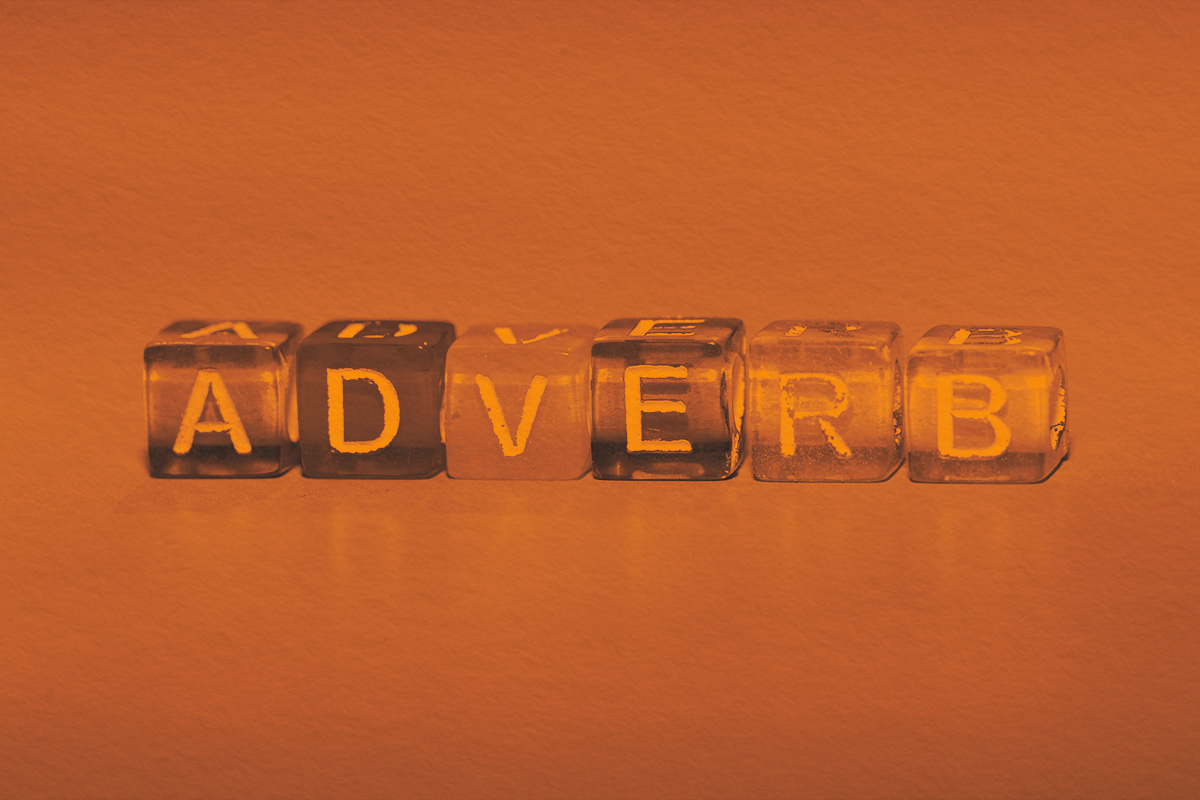
Adding the suffix “-est” to a word amps up the intensity. For example, eating a hot pepper may leave a tingle on your taste buds, but eating the hottest pepper will likely have you scrambling for a jug of milk. Sometimes, however, the use of this suffix bumps up against common grammatical conceptions. Such is the case with “fun” and “funnest” — is “funnest” even a word, or is it a linguistic taboo?
If you have the time of your life on a vacation or at a party, you may be tempted to say it was the funnest experience you ever had. But some sticklers raise their brows at the comparative adjective, decrying it as too informal and perhaps not even a valid word at all. Instead, many people defer to “most fun,” lest they risk misspeaking.
But if you ask Merriam-Webster, “funnest” is a perfectly acceptable word that suffers from a lack of widespread use. People are unjustifiably trepidatious about using the superlative form of the adjective “fun.” The evidence shows “funnest” appeared in print as far back as the 1870s, when it was used in a similar context to how people use it today.
So, even if some detractors would rather the word “funnest” not exist because it sounds like something a child would say, the word’s 150-year history can’t be denied. “Funnest” is very real, and sometimes it’s OK to use simple terms to express ourselves — especially about how much fun we’re having.

















